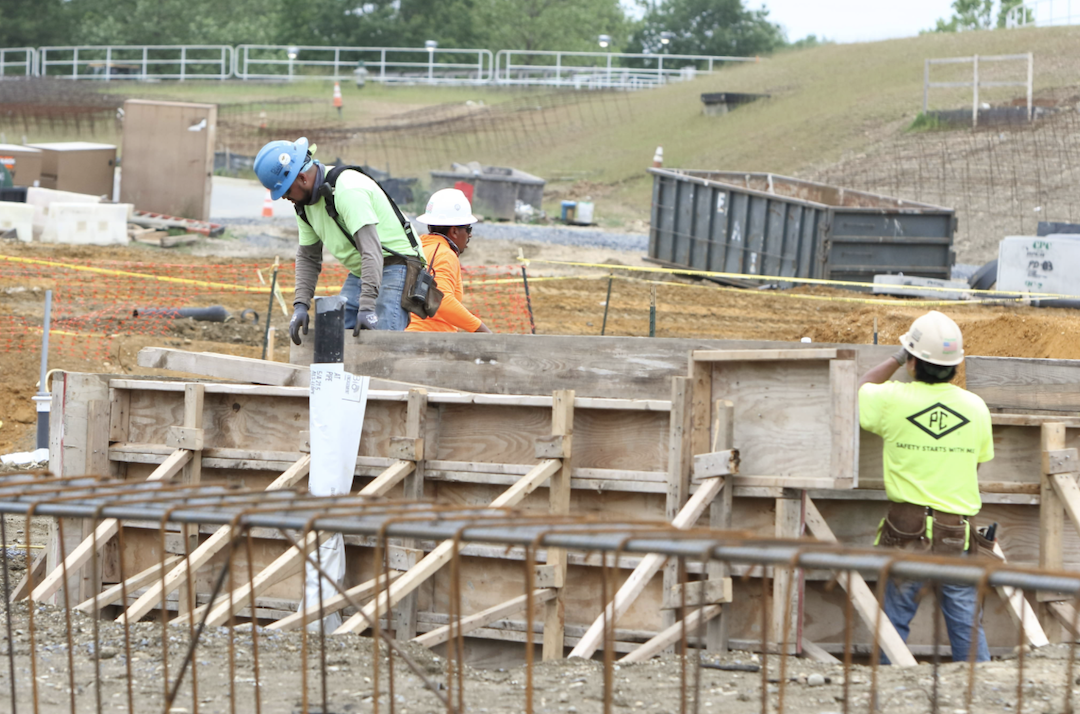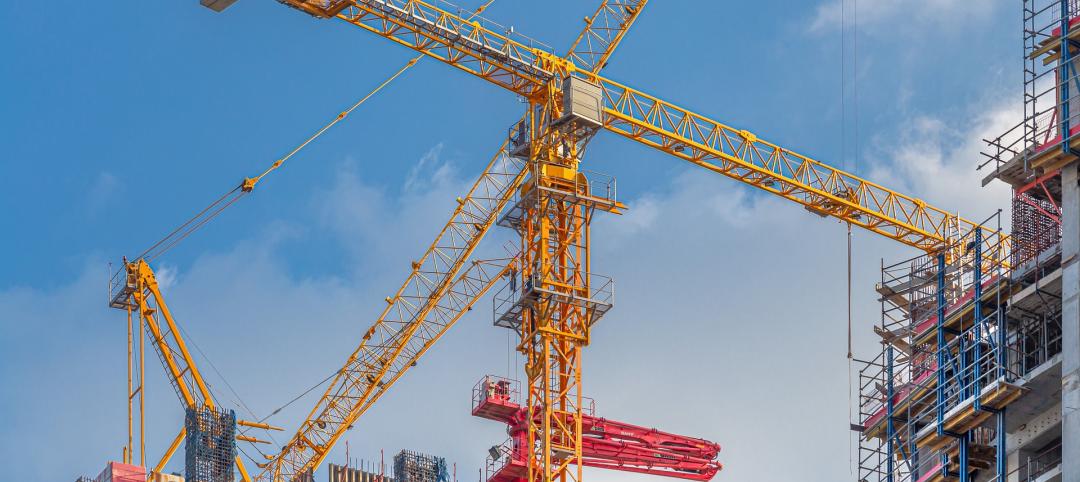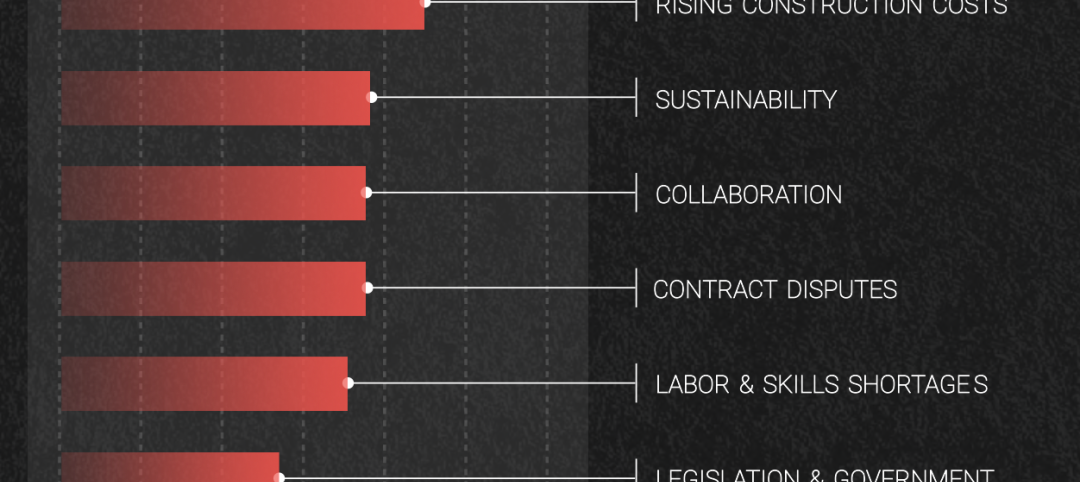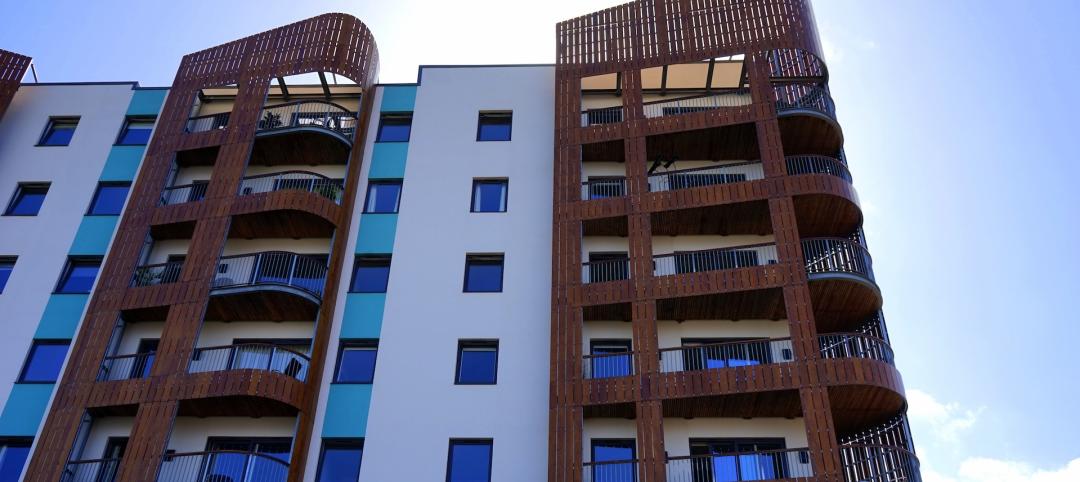Nearly one-fifth of U.S. metro areas lost construction jobs between September 2020 and September 2021, according to an analysis by the Associated General Contractors of America of government employment data released today. Association officials noted that the job losses are occurring in many metro areas as plans to boost investments in infrastructure languish in Washington and firms cope with shortages, delivery delays and construction materials price increases.
“Many metro areas are having a hard time getting back to construction employment levels from last fall that were already low because of the pandemic,” said Ken Simonson, the association’s chief economist. “The challenge is that the economic recovery for the construction industry is being undermined by Washington’s failure to boost infrastructure investments and continuing supply chain disfunction.”
Construction employment declined from a year earlier in 67 metros and held steady in 33. Nassau County-Suffolk County, N.Y. lost the most jobs (-6,000 or -8%), followed by New York City (-5,500 jobs, -4%); New Orleans-Metairie, La. (-3,100 jobs, -12%); Calvert-Charles-Prince George’s, Md. (-3,100 jobs, -9%) and Baltimore-Columbia-Towson, Md. (-2,400 jobs, -3%). The largest percentage declines were in Evansville, Ind.-Ky. (-18%, -1,800 jobs); New Orleans-Metairie; Fairbanks, Alaska (-10%, -300 jobs); Knoxville, Tenn. (-10%, -1,800 jobs); Gadsden, Ala. (-9%, -100 jobs); Calvert-Charles-Prince George's; and Victoria, Texas (-9%, -300 jobs).
Construction employment increased in 258 out of 358 metro areas over the last 12 months. Sacramento--Roseville--Arden-
Association officials urged members of Congress in the House to quickly pass an infrastructure bill that already received broad, bipartisan support in the Senate. They also encouraged the Biden administration to explore ways, like temporarily adjusting hours of service rules for drivers, to unclog shipping facilities that how more goods than drivers.
“Washington leaders have the ability to fix our supply chains now while also investing in their long-term efficiency,” said Stephen E. Sandherr, the association’s chief executive officer. “But nothing is going to get fixed with partisan talk and legislative and executive inaction.”
View the metro employment data, rankings, top 10, new highs and lows, and map.
Related Stories
Market Data | Jul 5, 2023
Nonresidential construction spending decreased in May, its first drop in nearly a year
National nonresidential construction spending decreased 0.2% in May, according to an Associated Builders and Contractors analysis of data published today by the U.S. Census Bureau. On a seasonally adjusted annualized basis, nonresidential spending totaled $1.06 trillion.
Apartments | Jun 27, 2023
Average U.S. apartment rent reached all-time high in May, at $1,716
Multifamily rents continued to increase through the first half of 2023, despite challenges for the sector and continuing economic uncertainty. But job growth has remained robust and new households keep forming, creating apartment demand and ongoing rent growth. The average U.S. apartment rent reached an all-time high of $1,716 in May.
Industry Research | Jun 15, 2023
Exurbs and emerging suburbs having fastest population growth, says Cushman & Wakefield
Recently released county and metro-level population growth data by the U.S. Census Bureau shows that the fastest growing areas are found in exurbs and emerging suburbs.
Contractors | Jun 13, 2023
The average U.S. contractor has 8.9 months worth of construction work in the pipeline, as of May 2023
Associated Builders and Contractors reported that its Construction Backlog Indicator remained unchanged at 8.9 months in May, according to an ABC member survey conducted May 20 to June 7. The reading is 0.1 months lower than in May 2022. Backlog in the infrastructure category ticked up again and has now returned to May 2022 levels. On a regional basis, backlog increased in every region but the Northeast.
Industry Research | Jun 13, 2023
Two new surveys track how the construction industry, in the U.S. and globally, is navigating market disruption and volatility
The surveys, conducted by XYZ Reality and KPMG International, found greater willingness to embrace technology, workplace diversity, and ESG precepts.
| Jun 5, 2023
Communication is the key to AEC firms’ mental health programs and training
The core of recent awareness efforts—and their greatest challenge—is getting workers to come forward and share stories.
Contractors | May 24, 2023
The average U.S. contractor has 8.9 months worth of construction work in the pipeline, as of April 2023
Contractor backlogs climbed slightly in April, from a seven-month low the previous month, according to Associated Builders and Contractors.
Multifamily Housing | May 23, 2023
One out of three office buildings in largest U.S. cities are suitable for residential conversion
Roughly one in three office buildings in the largest U.S. cities are well suited to be converted to multifamily residential properties, according to a study by global real estate firm Avison Young. Some 6,206 buildings across 10 U.S. cities present viable opportunities for conversion to residential use.
Industry Research | May 22, 2023
2023 High Growth Study shares tips for finding success in uncertain times
Lee Frederiksen, Managing Partner, Hinge, reveals key takeaways from the firm's recent High Growth study.
Multifamily Housing | May 8, 2023
The average multifamily rent was $1,709 in April 2023, up for the second straight month
Despite economic headwinds, the multifamily housing market continues to demonstrate resilience, according to a new Yardi Matrix report.

















